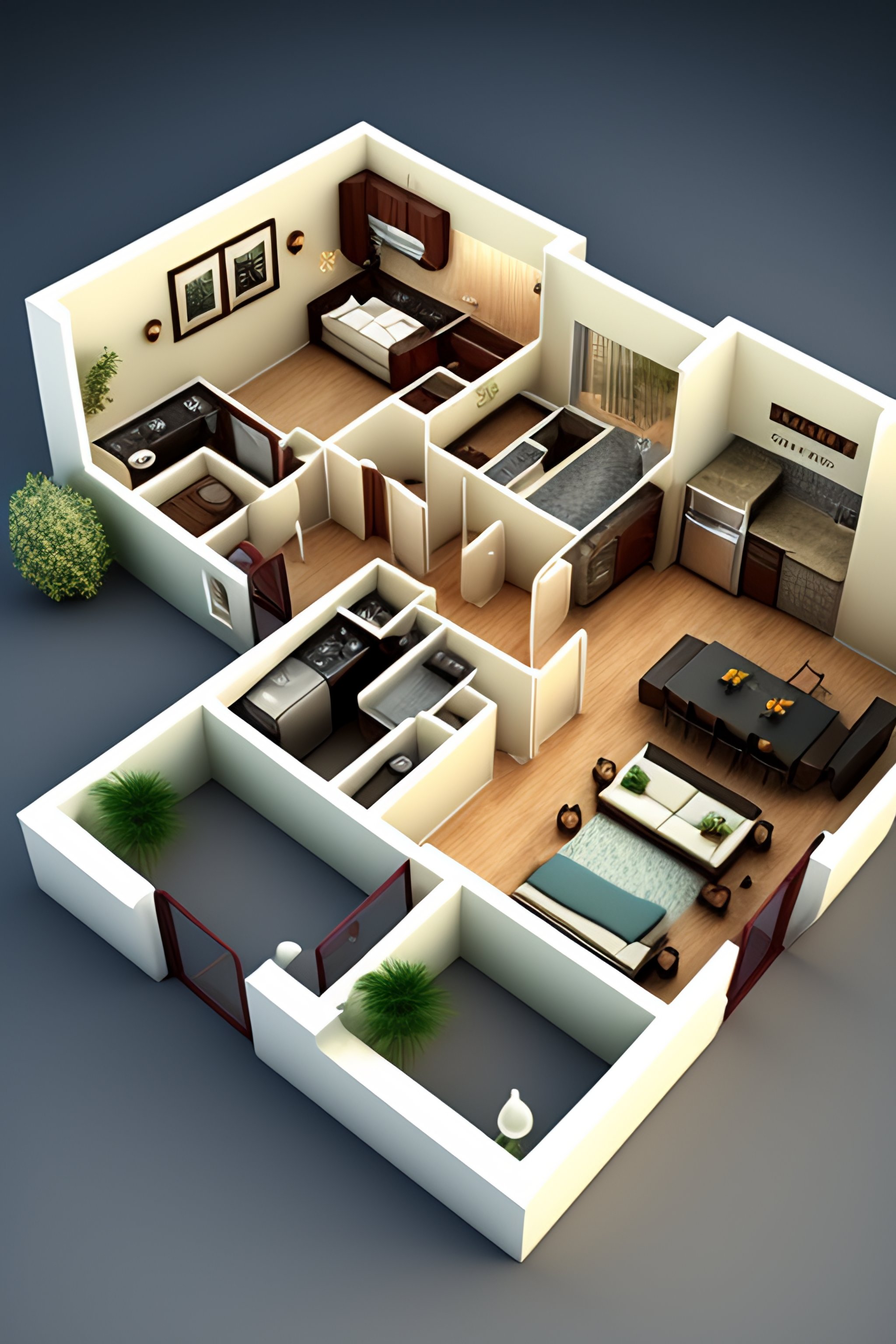The Ultimate Guide to Pursuing an Interior Design Degree

Explore the world of interior design with a comprehensive guide on pursuing an interior design degree. Learn about courses, career prospects, and the skills needed to excel in this creative field.
Unlock Your Design Dreams: How an Interior Design Degree Can Turn You into a Creative Maestro!
Ready to transform spaces with your artistic prowess? Discover the ultimate guide to pursuing an interior design degree, and embark on a journey of creativity, innovation, and success!
Introduction
Embarking on a journey in the field of interior design offers a gateway to creativity, innovation, and the art of transforming spaces. Whether you’re captivated by colors, patterns, or the harmony between elements, pursuing an interior design degree can set you on a path to an exciting and fulfilling career. In this guide, we’ll delve into every aspect of obtaining an interior design degree, from the courses that shape your skills to the potential career opportunities that await you.
Interior Design Degree: Unleashing Your Creative Potential
Are you passionate about creating breathtaking spaces that reflect personality and purpose? An interior design degree could be your gateway to a world of artistic expression and functional design. Here’s what you need to know:
Navigating the Curriculum: What You’ll Learn
An interior design degree program offers a diverse curriculum designed to equip you with both foundational and specialized knowledge. Courses encompass various aspects, including:
- Color Theory and Application: Learn the psychology of color and how it influences mood and perception in a space.
- Space Planning: Master the art of arranging furniture and elements to maximize functionality and aesthetics.
- Architectural Drawing: Develop the skills to illustrate your design ideas through sketches and technical drawings.
- Materials and Textiles: Explore a variety of materials, fabrics, and finishes to elevate your designs.
- Interior Lighting: Understand the role of lighting in setting the ambiance and enhancing the visual appeal of a space.
The Power of Creativity and Innovation
An interior design degree isn’t just about following trends; it’s about breaking new ground. It encourages you to think outside the box, challenge conventions, and infuse your creations with originality. Through projects, you’ll have the chance to explore innovative design solutions that leave a lasting impression.
Building a Strong Foundation: Core Skills
To excel in interior design, certain skills are indispensable:
- Spatial Awareness: Develop an innate sense of how to utilize space to its fullest potential.
- Attention to Detail: Refine your eye for detail to ensure every element harmonizes seamlessly.
- Communication: Learn how to effectively convey your design ideas to clients and collaborators.
- Problem Solving: Embrace challenges as opportunities to innovate and find solutions.
- Software Proficiency: Acquire proficiency in design software like AutoCAD and 3D modeling tools.
Exploring Career Avenues
An interior design degree opens doors to a multitude of career paths, each offering unique challenges and rewards. Here are some exciting avenues you can explore:
Residential Interior Designer
As a residential interior designer, you’ll transform homes into personalized sanctuaries. You’ll work closely with clients to understand their vision, lifestyle, and preferences, translating them into stunning living spaces.
Commercial Interior Designer
Commercial interior designers shape the atmosphere of various spaces, including offices, retail outlets, and hospitality venues. Your designs will not only be aesthetically pleasing but also functional and aligned with the brand’s identity.
Set Designer
For those drawn to the world of entertainment and media, becoming a set designer is an excellent choice. You’ll craft environments that bring scripts to life, enhancing the storytelling experience.
Sustainable Design Specialist
If you’re passionate about sustainability, this niche offers the chance to create environmentally conscious designs. You’ll explore eco-friendly materials and strategies to minimize the ecological footprint of your projects.
Exhibition Designer
Exhibition designers curate spaces that captivate and educate audiences. From museums to trade shows, your designs will communicate narratives and engage visitors.
Frequently Asked Questions (FAQs)
Q: What qualifications do I need to enroll in an interior design degree program?
A: Most programs require a high school diploma or equivalent. Some institutions may also ask for a portfolio showcasing your artistic abilities.
Q: Is computer proficiency essential for an interior design degree?
A: Yes, being comfortable with design software is crucial, as it’s an integral part of modern interior design practice.
Q: How long does it take to complete an interior design degree?
A: A bachelor’s degree typically takes about four years to complete. However, the duration can vary based on the program and whether you choose an accelerated option.
Q: Can I specialize in a specific area of interior design?
A: Absolutely! Many programs offer specialization tracks, such as sustainable design, hospitality design, or residential design.
Q: Are internships a part of interior design degree programs?
A: Yes, many programs include internships to provide real-world experience and networking opportunities.
Q: What qualities make a successful interior designer?
A: Successful interior designers possess a blend of creativity, strong communication skills, adaptability, and a keen eye for detail.
Conclusion
Embarking on a journey towards an interior design degree offers a world of creativity, exploration, and boundless opportunities. From acquiring essential skills to carving out a niche in the industry, this path is brimming with potential. Whether you’re driven by a love for design or the desire to create functional and aesthetically pleasing spaces, an interior design degree is your stepping stone to a fulfilling career that leaves a lasting impact.